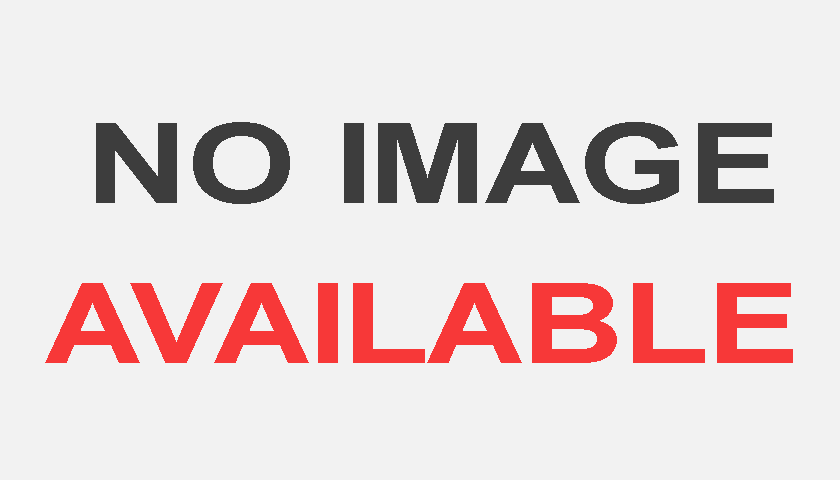Me to We – Free the Children
Do you know how lucky you are to be living in a free country? To be in a democratic society? To have access to heat, air conditioning, grocery stores, and running water? Have you ever thought about how wonderful it is that you only have to deal with first world problems, such as running out of hot water, losing your computer charger, or cracking the screen on your new iPhone 6s?
Maybe you have, maybe you haven’t. It’s a sure thing, however, that North American living can set people up to live like horses with blinders. The comforts of our lifestyle can certainly make third world problems seem remote and unrelatable. They then become easy to ignore, even for the most good-spirited of people. This phenomenon is changing, as more and more initiatives are being taken to bring people to take action in making the “third world” a better place.
Me to We is part of a family of organizations including We Day and Free the Children that is doing just that. They are raising awareness about third world issues such as the lack of accessible water, extreme poverty, dire living conditions due to insufficient healthcare, and the absence of access to general education. These organizations are making it easier for you to get involved by indulging your sense of consumerism while simultaneously giving back to members of Free the Children communities. Me to We is, essentially, a commercial brand that creates products ranging from jewelry, to apparel and shoes, and to school supplies, available for sale in certain stores (Staples, Nordstrom, Indigo, etc.). This brand is unique in the sense that it is a social enterprise – the money is not simply pocketed by well-off CEOs, but is, instead, invested into projects that help support the development of third world countries, one individual, or one community at a time. The company donates a minimum of 50% of its net profits every year, and reinvests the other half of profits into expanding the enterprise. The Me to We website describes the enterprise’s goal to “empower people to transform local and global communities by shifting from ‘me’ thinking to ‘we’ acting”, gently emphasizing the fact that it isn’t enough to merely acknowledge the issues, and reminding people that something must be done in order for change to occur.
Everyday consumer choices can greatly contribute (both negatively and positively) to the state of developing nations. For instance, choosing to buy at a major retailer such as Walmart tends to take the world a step in the wrong direction – supporting, perhaps inadvertently, terrible working conditions and less-than-sustainable products. Opting to purchase from organizations like Me to We, on the other hand, encourages the proper development of third world countries, as well as supporting sustainable practices. In fact, every product purchased from Me to We, be it online or in store, makes a difference in its own way. Backpacks, for example, are made entirely out of recycled water bottles, and each sale of one of these bags allows the organization to provide school supplies for a year to a child from a Free the Children neighbourhood. Lunch boxes work along the same lines, providing food instead. Buying a water bottle supplies water, a two-dollar pencil gives a pencil to a child, and so forth. On top of being socially and environmentally responsible, many of the Me to We products are reasonably priced, even for a student’s budget (e.g. 29$ for a school bag and 19$ for a lunch box). Furthermore, each item comes with a code that you can enter on their website in order to “track your impact”, to see the good things that are happening, or have happened, as a result of your smart choice.
So, the next time you are embraced in the comfort of your Snuggie, cursing at the fact that the screen of your phone is already cracked, even though you just bought it, take a minute to browse their online shop at www.shop.metowe.com . You can even purchase a cell phone case to prevent another occurrence of your first world problem while providing third world countries with the resources to solve some more important issues. While you’re at it, sign up for their newsletter, as even that allows you to make a difference!
By Katherine Willcocks
Originally Published: January 2016



